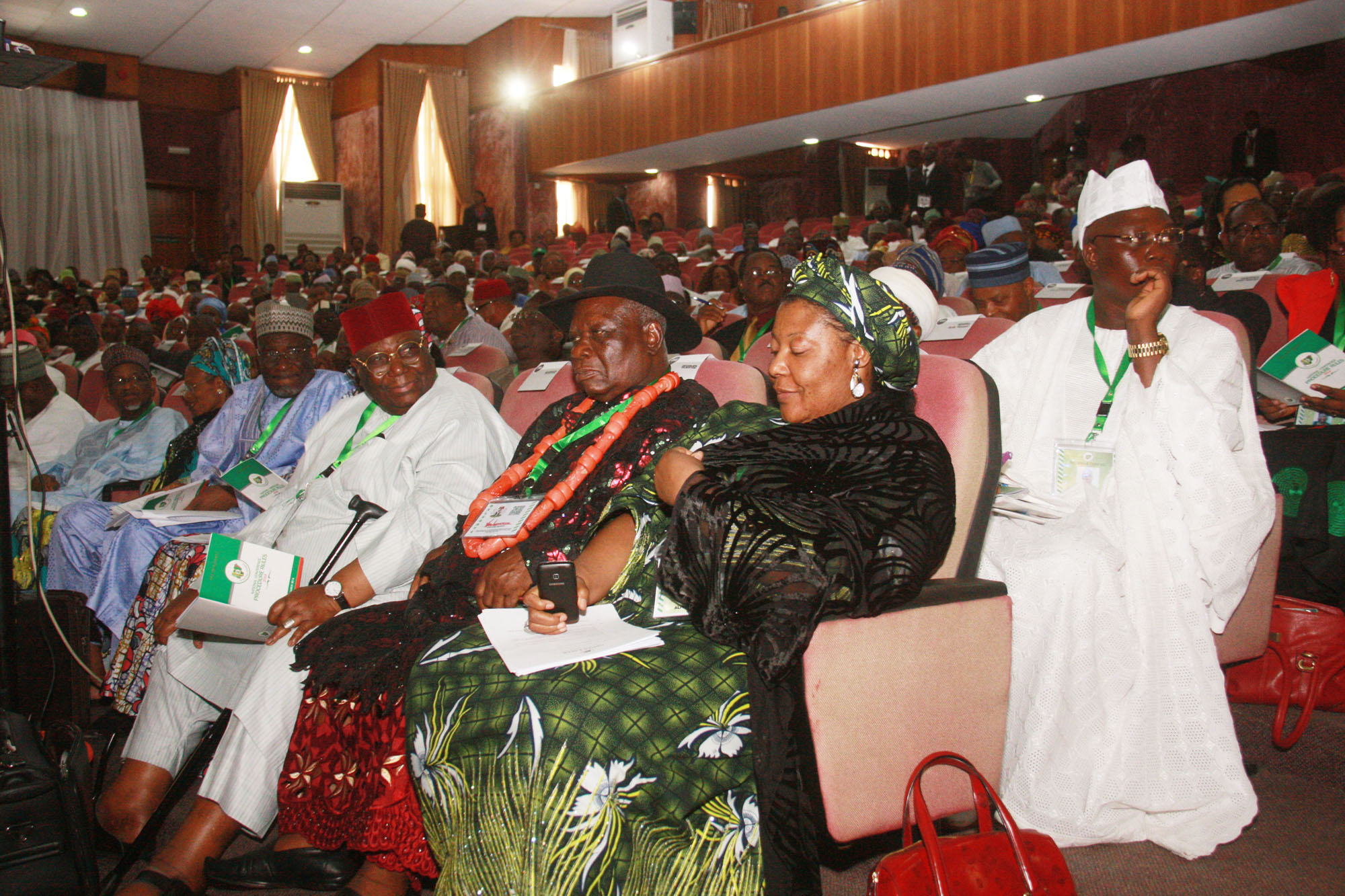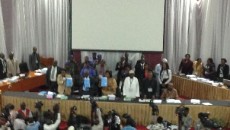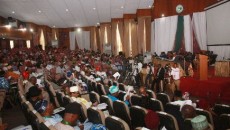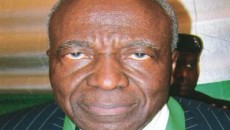As the 20 committees of the National Conference gradually wind down their sittings and ready to submit their reports, some contentious issues remain unresolved by the various committees. Though the committees made recommendations to be debated at the plenary, some of those decisions are not going down well with some members of the various committees. They include:
Status of State Independent Electoral Commission, SIEC
Unlike the Uwais panel that recommended the scrapping of the State Independent Electoral Commission, SIEC, following the dismal performance of the electoral bodies nationwide, the National Conference Committee on Political Parties and Electoral Matters bowed to pressure from state governors to retain SIEC in the constitution.
The final decision of the committee did not go down well with some members of the political parties and electoral committee as their decision is at variance with the preponderance of proposals from Nigerians. Rather than recommending the scrapping of SIEC, what the committee did was to water down the powers of the state governors over SIECs through financial autonomy. The debate on the independence of SIEC had generated hot debate with a member and legal practitioner, Festus Okoye, alleging that some of his colleagues were doing the bidding of state governors.
The committee accepted the existing provisions such as that SIEC members being appointed for a term of five years; that members should be appointed by governor subject to confirmation by the House of Assembly and that removal should be with the approval of two-thirds majority of the state assembly; that members should not be persons of questionable character and not members of political parties. The SIEC controversy will likely generate more debate on the floor of the plenary when the conference commences debate on the report of the committee.
Local Government Autonomy
Another issue that will elicit hot debate at the national conference is the controversial local government autonomy and scrapping of joint state/local government account. This is one proposal that all the 36 state governors speak with one voice for very obvious reasons. Delegates nominated by the state governors were very vocal in their debate against local government autonomy and scrapping of joint state/local government account.
At the committee level, very strong case was made to completely remove the local government as a tier of government and that there should not be allocations to them from the federation account. Delegates supported the idea that states should be at liberty to create as many local governments as they desire and the funding of the councils should be by the state governments. However, stakeholders at the local government level, including the National Union of Local Government Employees, NULGE, kicked against the total removal of local governments as a tier of government. They pushed for local government autonomy to free the third tier of government from the stranglehold of the state governors. The plenary session will debate on the fate of local governments and state governors are already battle ready to ensure the status quo ante is maintained.
Derivation/Resource Control/ Fiscal Federalism
So far, what is happening at the National Conference till date is a reminiscence of what transpired in 2005. Unarguably, this is the major issue that crippled the 2005 NPRF as the issue of derivation, resource control and fiscal federalism is creating a resonance again. While delegates from the Niger Delta and other oil producing states demanded an increase from the minimum 13 percent provided for in the 1999 Constitution, others from non-oil producing states are of the view that even the 13 percent derivation should be reviewed downward. Delegates from the oil producing states had argued that they were the ones bearing the negative impacts of the activities of oil exploration which have damaged their environment and rendered most of their people jobless due to oil spillages that destroyed the ecosystem and aquatic life in the Niger Delta.
Rather than accede to the minimal upward review of the minimum 13 percent derivation, some of the delegates from non-oil producing states suggested that since one of the reasons the oil producing states are demanding resource control and increase in derivation percentage is because of the ecological damage they are facing, the people in the entire Niger Delta region should be relocated out of their ancestral land to other parts of the country. This position did not go down well with delegates from the rich oil producing states and when a truce could not be reached, delegates from the Niger Delta states staged a walkout from the Confab and that technically spelt the death knell for the Confab. The Niger Delta delegates never returned to the Confab until the confab ended unceremoniously.
Delegates from the north and the oil producing areas at the on-going conference have not changed their position on these contentious issues. No matter what the committees handling power devolution and revenue recommend, it is very certain that these issues will still generate hot debate when the plenary session debate on the recommendations of the committees.
Power Rotation
No consensus was reached at the 2005 Confab on the issue of power rotation and the same scenario is already playing out at this conference. The two major positions that were canvassed at the Confab were for power to rotate between the north and south or among the six geo-political zones. While delegates from the Hausa/ Fulani dominated core north and few delegates from the South-West are in favour of power rotation between the north and south, delegates from the Middle Belt, minorities from the north and delegates from the South-South and South-East and others from South West are rooting for power rotation among the six geo-political zones. The primary reason why minorities from the north aligned with delegates from the south in support of zonal power rotation was their fear that if it is agreed for power to rotate between the north and the south, anytime it is time for the north to produce the president the Hausa/ Fulani core north would never allow any minority from the north to have the ticket. The issue is still in the front burner till date as northern minorities have already indicated that they would be going to this year’s Confab to canvass for rotation of power among the six geo-political zones.
State Police
Another red button issue that delegates may not be able to resolve is the issue of state police. There have been divergent views over the desirability or otherwise of state police. Even the 36 Nigeria governors in the country have not been able to come to a compromise on the issue of state police. Indeed, the governors are sharply divided over the issue. About two years ago the Nigeria Governors Forum, NGF, was against state police but not long after that, the NGF came out to make a u-turn in support of state police. But despite the official position of the forum, some governors are not in agreement with the position of the NGF.
Source: Nigerian pilot.



